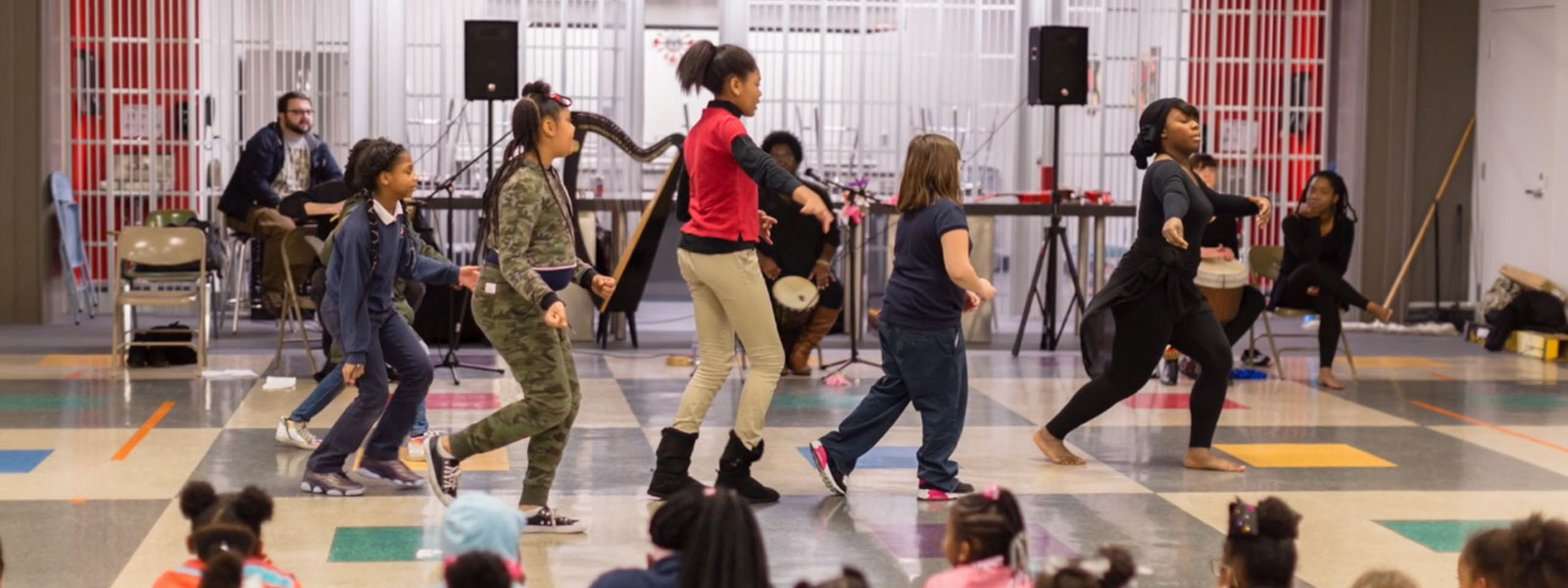2020 Pandemic Response
By Margaret A. Keough

In March 2020, Mid-America Arts Alliance and all of our constituents found ourselves in unforeseen circumstances.
We followed public health advice to quarantine, and as of this writing in fall 2020, we are still facing a pandemic with more questions than solutions. COVID-19 response touched all of our work, and we found ourselves able to adapt with the help of a new strategic plan and a remarkable effort by all of our staff, board, and stakeholders.
Recognizing the particular fragility of artists, Artist INC sprang into action. We knew that with ten years’ worth of data that no one else has, we needed to create a comprehensive survey to measure artists’ well-being both before the pandemic and as it progressed. In late March, M-AAA launched the COVID-19 Artist Impact Survey to determine the impacts on the livelihoods of artists in M-AAA’s Region (Arkansas, Kansas, Missouri, Nebraska, Oklahoma, and Texas) in the three weeks immediately following the global pandemic. A follow-up survey was sent in May. In total, more than 2,000 artists from across the Mid-America region completed the survey, and information from it was featured in articles from the New York Times and Hyperallergic.
We found several things: the most significant initial impact was financial; the impacts extend beyond the financial; artists surveyed have limited personal emergency financial resources; and artists’ situations will likely continue to worsen. To read more of the numbers behind these findings, click here.
In addition, our programs Artist INC and Engage both provided online programming to help constituents adjust to the sudden onset of the pandemic. Artist INC Cares was a five-part webinar series focused on what financial relief was available to artists, how to navigate the system, and what actions artists could take to help stabilize finances. Engage quickly switched to online convenings and began offering nationwide webinars designed to benefit arts and culture organizations far and wide, starting with the pressing concerns of diversity, equity, inclusion, and accessibility.
Perhaps most impactful was the awarding of $591,900 in CARES Act grant funding from the National Endowment for the Arts made possible by the Coronavirus Aid, Relief, and Economic Security (CARES) Act passed by Congress. M-AAA dedicated its funds to nonprofit organizations for which the majority of their programming budgets support artists and arts organization networks. In concert with our state arts agency partners, we found that these organizations are crucial to the arts ecosystem and were often overlooked in other recovery funding opportunities.


